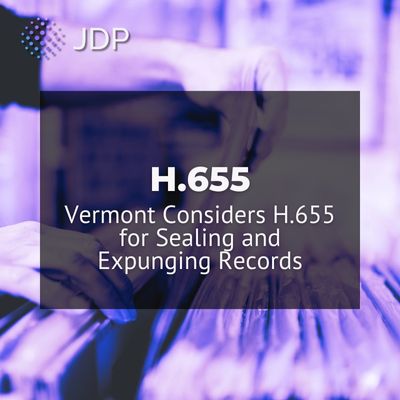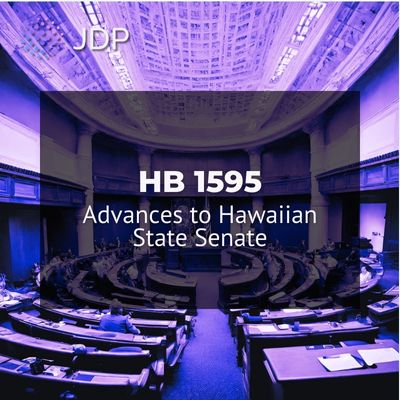


Vermont Considers H.655 for Sealing and Expunging Records

HB 1595 Advances to Hawaiian State Senate

Marijuana Convictions Could See Expungement Expansions in Maine

Missouri Circuit Courts Request $3.7m For Processing Marijuana Expungements

Cincinnati City Council Considers Expungement Proposal

Massachusetts Governor Proposes Pardons for Marijuana Possession

Summary of Consumer Rights Update Deadline Approaches

Ban-the-Box Program May See Amendments in Montgomery County
